Perseid meteor shower to peak in next 3 days, just before Qixi Festival
People's Daily app
1628604306000
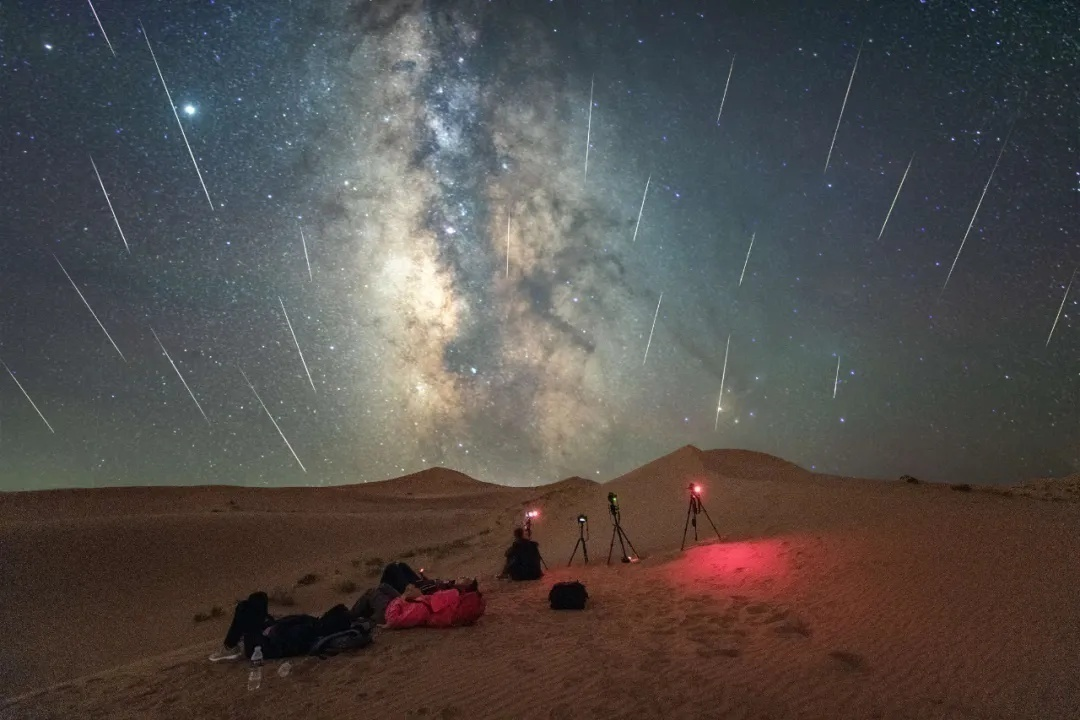
The annual Perseid meteor shower should peak in the wee hours of Friday just before Qixi Festival, or Chinese Valentine’s Day, and will be visible to anyone in the Northern Hemisphere, according to a Chinese astronomer.
"We expect meteor rates as high as 110 per hour on peak night and the show could be especially good this year," says Xiu Lipeng, director of the Tianjin Astronomical Society.
As Perseus rises and the night deepens, meteor rates will increase in the early hours of August 13, Xiu says.
The Perseid meteor shower appears over the Tengger Desert in North China’s Inner Mongolia on August 13 last year. The blue-and-green shower is ideal for viewing and photographing. (Photo: CSVA; compiled by Xiong Xinyi)
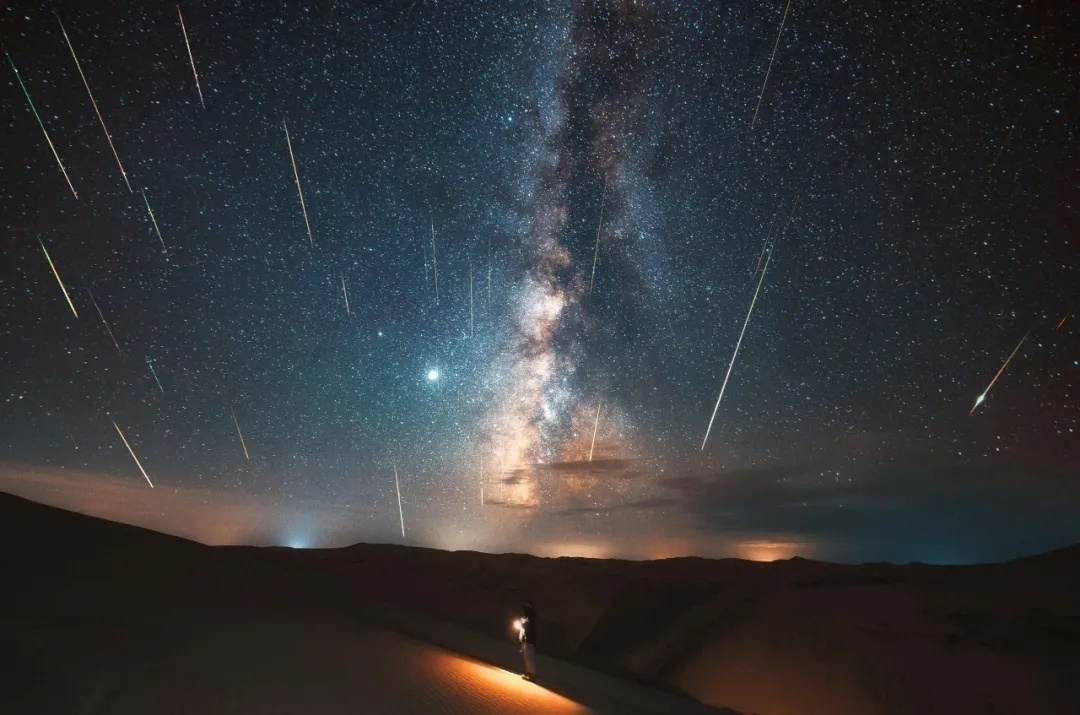
The Perseid meteor shower appears over the Kubuqi Desert in North China’s Inner Mongolia on August 13 last year. The Perseids are caused by debris from the Comet Swift-Tuttle. Every 133 years the comet swings through the inner solar system and ejects a trail of dust and gravel along its orbit. (Photo: CSVA; compiled by Xiong Xinyi)
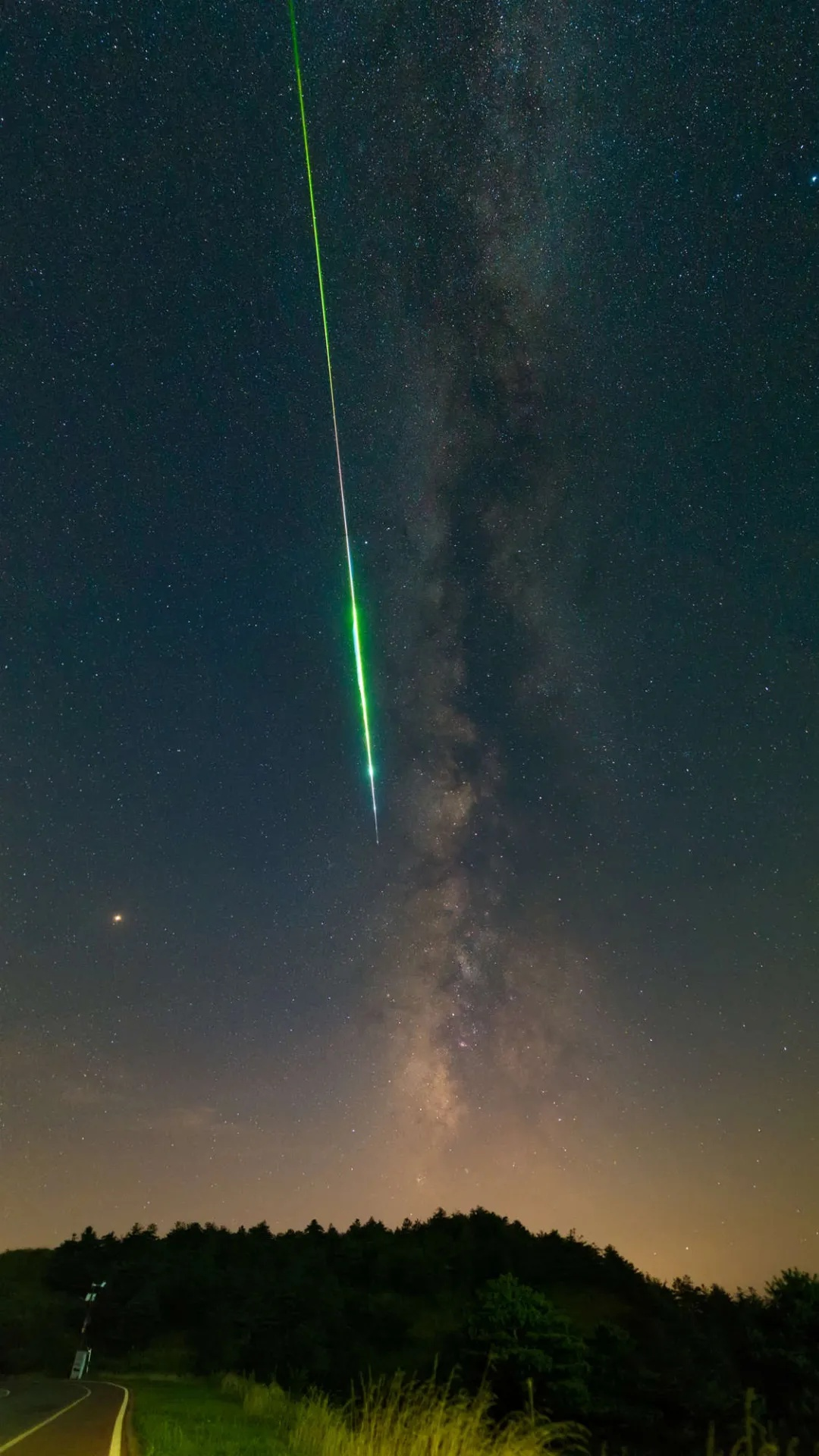
A flashing bolide, or fireball, appears in the starry sky of Yichang, Central China’s Hubei Province, on August 12, 2018. A bolide can be the size of a grapefruit. (Photo: CSVA; compiled by Xiong Xinyi)
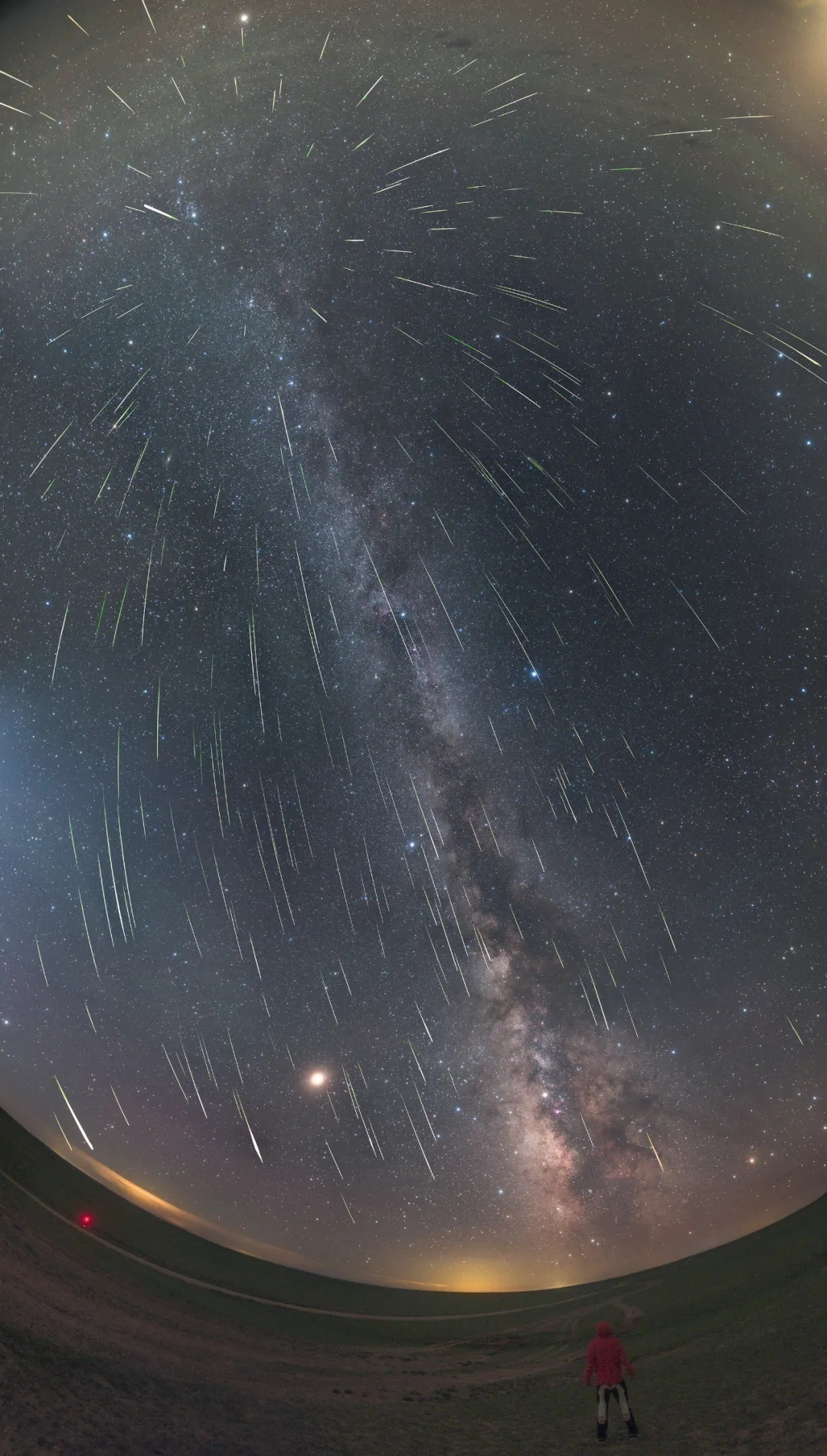
The Perseids appear over Sonid Right Banner in North China’s Inner Mongolia on August 13 last year. Meteors are usually visible every year from the middle of July to late August. (Photo: Yin Hao; compiled by Xiong Xinyi)
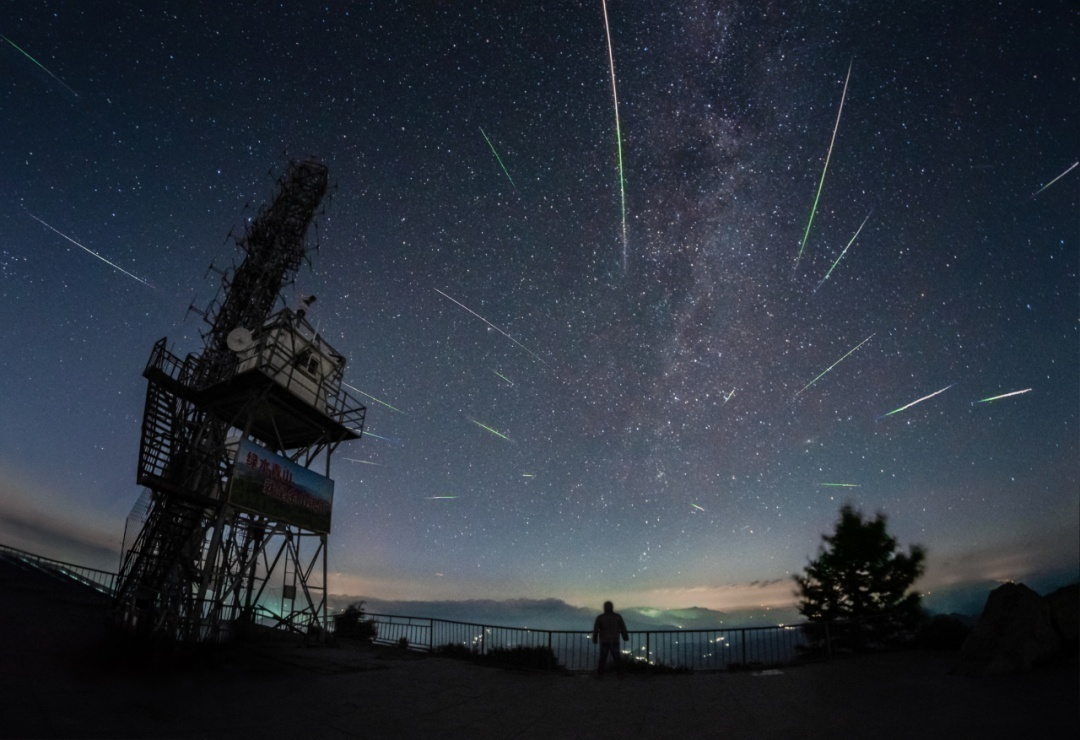
The Perseid meteor shower appears over Xinglong in North China’s Hebei Province on August 13 last year. This year people in the Northern Hemisphere should witness the annual peak on Friday. (Photo: Wu Deling; compiled by Xiong Xinyi)
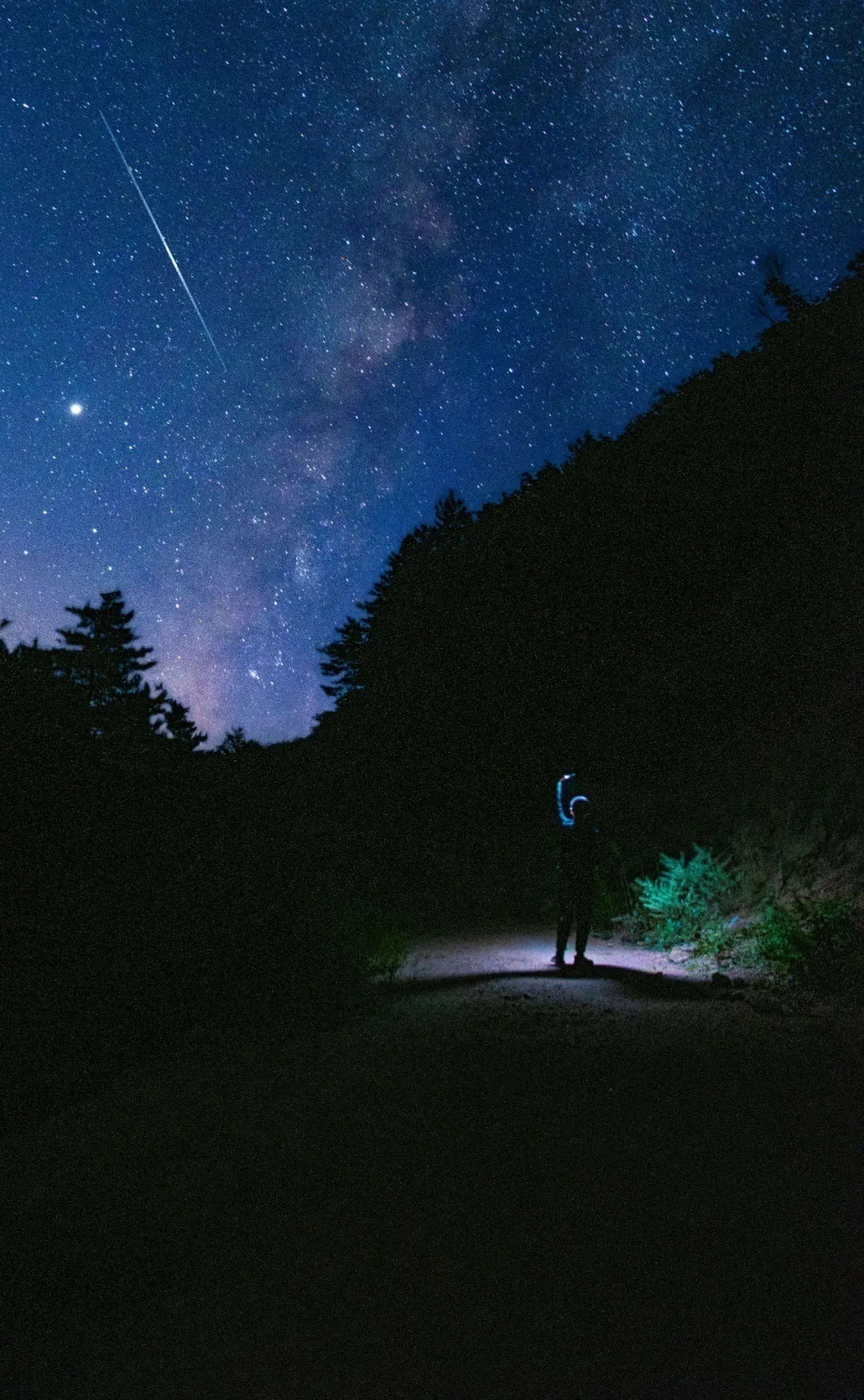
The Perseid meteor shower appears over Xinglong in North China’s Hebei Province on August 13 last year. Astronomer Xiu Lipeng suggests viewers get away from city lights after 9 pm Thursday for best results, to a place where the sky and surroundings are dark enough. Of course don’t forget to follow COVID-19 prevention and control protocols. (Photo: Bai Yuqiao; compiled by Xiong Xinyi)


